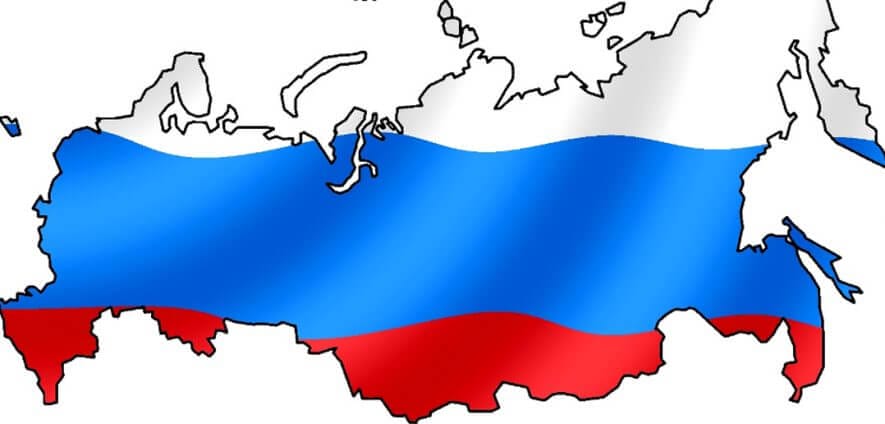Technically it had expired on May 30. Following the umpteenth six-monthly extension, a mechanism that has been repeating itself since the Russian government decided to close its frontiers to exports of wet-blue. Officially, it was renewed on 27 July, with retroactive effect from 18 July, and is valid until 18 January 2017. The reason? Moscow raises the flag of the traditional protectionist alibi: “These are critical products for the national industry, which must be sustained by preventing the removal of its raw materials”. It should be remembered that Moscow has indeed also blocked the exportation of raw hides, subjecting them to a duty of 500 euro per tonne. The Kenyan government authorities are less drastic, but equally likely to want to limit exports to “enable national tanneries and footwear factories to develop their business”. According to Adan Mohamed, Cabinet Secretary for industrialisation and business development, indeed, the African country envisages “implementing regulations that limit the exportation of raw, semi-processed and finished hides”. A decision that would run parallel to the construction of an industrial leather park in the suburbs of the city of Machakos and to several incentives promoting the sale of leather products in the domestic market.
Protectionism: Moscow renews the export ban on wet-blue, Kenya thinks again










